SB308: Driving the Demand for Biochar and Other CDR Technologies
As the Golden State doubles down on its commitment to combating climate change, new legislation is set to accelerate the adoption of permanent carbon removal technologies. SB308, or the “Carbon Dioxide Removal Market Development Act”, is a groundbreaking legislation that introduces a pioneering approach to tackling California's carbon emissions. Although this bill is not yet enacted, it’s purpose underscores the state's leadership in environmental stewardship and creates a robust market for innovative carbon removal solutions.
The SB308 Mandate: Driving the Carbon Removal Market
SB308 introduces a pioneering approach to tackling California’s carbon emissions. If enacted, starting in 2028, certain emitting entities will be required to purchase carbon removal credits, also referred to as “negative emissions credits” in the Bill Text, equivalent to a specified portion of their emissions. This groundbreaking mandate will not only be the first of its kind, but it will also incentivize companies to significantly reduce their carbon footprints. At the same time, it will foster a robust market demand for permanent carbon removal solutions like biochar.
Biochar: A Powerful Carbon Removal Solution
Biochar, a carbon-rich material produced by heating organic matter in an oxygen-limited environment, has emerged as an effective approach to the fight against climate change. When applied to agricultural soils, biochar not only improves soil health and increases crop yields but also permanently sequesters carbon, effectively removing it from the atmosphere. Additionally, biochar can be permanently sequestered in various structural and building materials, further enhancing its ability to impact California’s reduction of greenhouse gas emissions.
With SB308, high-quality, biochar-based Carbon Dioxide Removal (CDR) producers are positioned to play a pivotal role in helping emitting entities offset their emissions and comply with the new regulations.
Certifying CDR Processes
One of the key provisions of SB308 is the establishment of rules and procedures for certifying CDR technologies. This certification will ensure that the CDR credits or "negative emissions credits" generated from these production processes meet strict, equitable standards, such as verifiable and permanent carbon removal, sustainable sourcing of feedstocks, and equitable distribution of benefits to local communities. By adhering to these rigorous standards, the certification process will provide even greater transparency and credibility to the carbon removal market.
By participating in this certified market, biochar producers can contribute to California's ambitious carbon reduction targets and drive innovation in the CDR industry.
A Call to Action for a Regenerative Future
As the world wrestles with the urgent need to address climate change, California's SB308 stands as a bold step towards a carbon-negative future. SB308 provides the “How” to the “What” of climate action. For Sitos Group, this legislation represents a call to action to continue our commitment to environmental stewardship and regeneration through the production and application of biochar.
Join us in promoting SB308 and driving the market for carbon removal solutions, paving the way for a more regenerative future. Together, we will make a difference.





